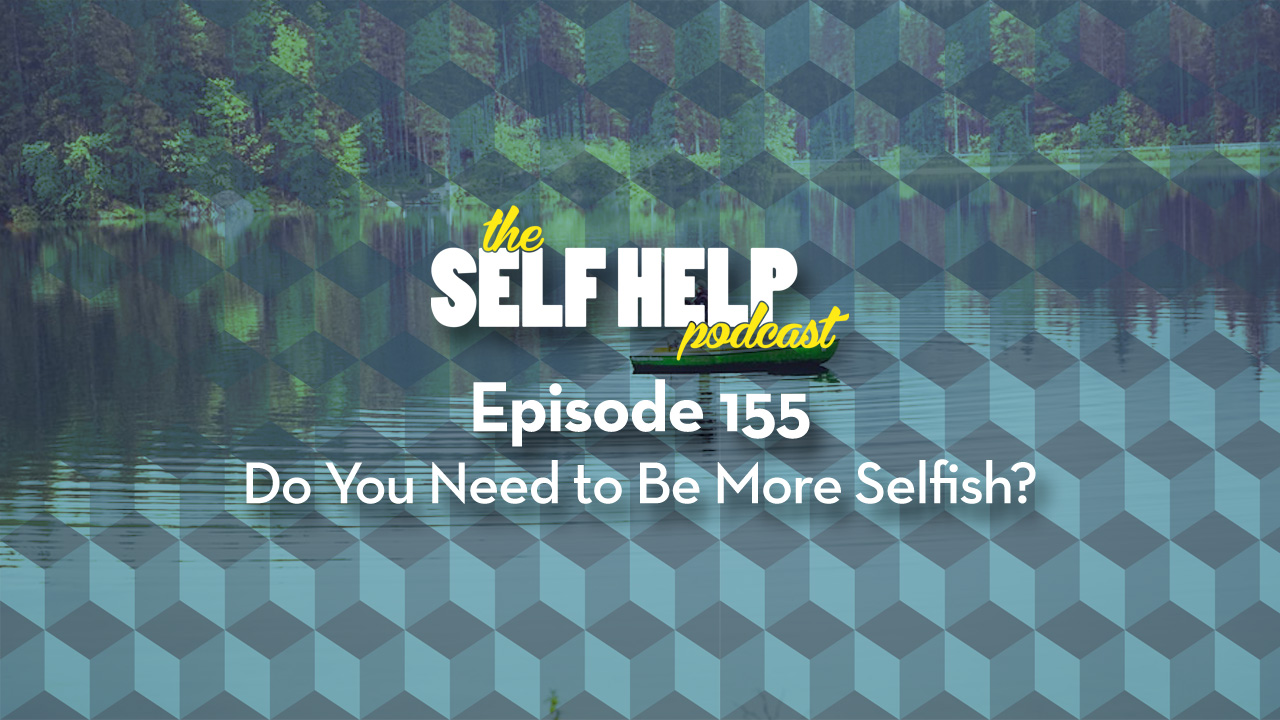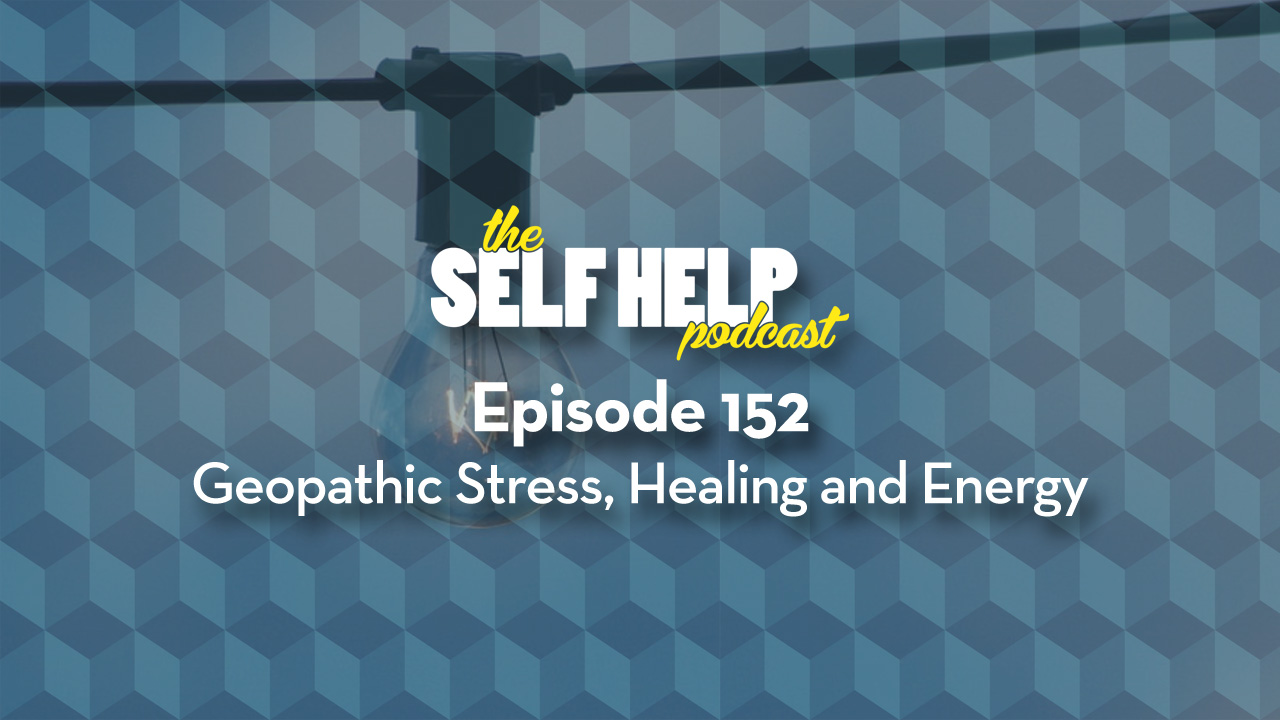This week Ed and I invited Jeff Jefferies to join us on the podcast. Jeff is an expert in the use of intelligent energies. He uses his ability to manipulate the energy of the universe to effect healing, even over great distances, and to ease geopathic stress.
Geopathic stress is like a block or a knot in various places on the planet that negatively effects people and animals that come into its energy field. When I listen to Jeff talking about his work he sounds like an acupuncturist placing a pin into the blocks and knots in someone’s body to release their emotional tensions.
We all live within a sea of energy. Quantum physics tells us that inside all matter are atoms and inside all atoms are particles. Each particle is comprised of three sub particles known as quarks. Below quarks are what is described as ‘source energy’. It is from this source energy that quarks are formed.
Quarks gather together in groups of three and form particles. Particles gather together into atoms and atoms form molecules and molecules into elements. Elements form matter that forms planets, which gather together into planetary systems and galaxies that form the entire cosmos.
At a biological level the elements come together to form organelles, which are sub cellular components, that in turn form cells. Cells form organs and organ systems that form bodies, bodies form families, societies, cultures, nations and indeed all of humanity. In fact, all that is comes from source energy. Source energy is therefore the basis of all that we can experience.
When quantum physicist talk about source energy it sounds like descriptions of God, “it always has been, always will be, cannot be created or destroyed, it just changes its form…” and so on.
Source energy may also be described as Prana, Nard, Chi, Ki, and in some cases as bio-energy, cosmic energy, or universal intelligence that may also be described as consciousness.
When trying to make sense of this energetic world, that exists beyond, within and below matter, the word ‘intelligence’ seems to be crucial and raises the question ‘does source energy manifest itself with intelligence, is source energy consciousness?’ If the answer is ‘Yes’ then all of creation is purposeful and meaningful. If the answer is ‘No’ then all of creation is a random event that has no purpose or meaning. I am in the ‘yes’ camp. I see life as intelligent and I see the things that happen to me and to you as meaningful and purposeful. Of course, this could just be my way of making sense of life and could just be my fantasy.
Many groups of people have named source energy as their own, and only God. Each group or religion have created their own book of words to explain to their followers what source energy is and how we should interact with it. Having travelled the world and having talked with many learned and enlightened beings my conclusions is that we all experience source energy in our own way. Perhaps there are as many descriptions of source energy as there are people that experience it. In that sense all of creation is a mystery that human mind seeks to understand and all create stories to try and make sense of it.
However it is that we acknowledge or experience source energy we have to agree that it exists. If it did not exist then life itself would not exist. I think source energy is like electricity in that I can’t see it and I can’t smell it but if I touch it, it gives me a good belt. I cannot see electricity but I can see what it does to lights bulbs, powers TVs and other devices, motors, tools, and even cars. I see source energy in the same way. I can’t see it and I can’t smell it but I can see how it manifests in all of creation around me. I can feel it and experience it in my mindful meditation, in my intuition and creativity and also when I do massage and healing.
My own conclusion is that energy is neutral it is neither good nor bad positive nor negative. Electricity can power a healing scanner or a killing electric chair. Source energy is used to create both saints and sinners. After all goodness and badness are constructs that we experience from our own point of view. It is the issue of one man’s terrorist is another man’s freedom fighter. It is all relative. However, in the extremes of energy we have those forces that seek to bind things together that I would describe as love, be it gravity of societal cohesion and those forces that seek to push things apart and are destructive that I would describe as hate.
The question that is raised by practitioners such as Jeff is ‘can we manipulate or direct source energy? And In terms of the above paragraph can we turn bad into good or hate into love. Jeff’s work and the effects of Jeff’s work would suggest that we can.
I have direct experience of source energy both as a body worker from when I was trained in Ayurvedic massage and as hands on healer. I have also seen many healers doing amazing work with people and animals. I have seen dowsers finding water sources in arid land and experienced acupuncture and acupressure and have studied and practised pranayama, (Prana = energy, Yama = control).
The more we understand source energy in the physical world then the more we understand the truth of matter and quantum physics. The more we understand source energy in the psychotherapeutic world the more we understand about consciousness, intelligent energies and the meaning of life.
While such understanding has been known to a few, through what is termed as ‘enlightenment’, we are at the brink of a new development of human consciousness. The Aquarian Age is about individuals becoming self aware and taking personal responsibility for the world around them and the effect that they have upon it. The previous era, the Piscean Age, was dominated by gurus, avatars, doctrine and religions.
This will be an interesting 2000 years. It is said that at the beginning of an era there is chaos before the new order begins. In the chaos there are often wars and a break down of the current order of things. As I look around me and suspect that humanity is winding up for another World War I assume that the source energy is intelligent and that it’s manifestation, whatever it is, will be meaningful. However, I do know that Jeff and the other healers of the world will be there turning negative energies into good ones and my hope is that more of us will wake up enough to assist in the task of creating heaven on earth, that we could have right now if we chose to do so.
Take care and be happy
Sean X
 Show Notes and Links
Show Notes and Links



